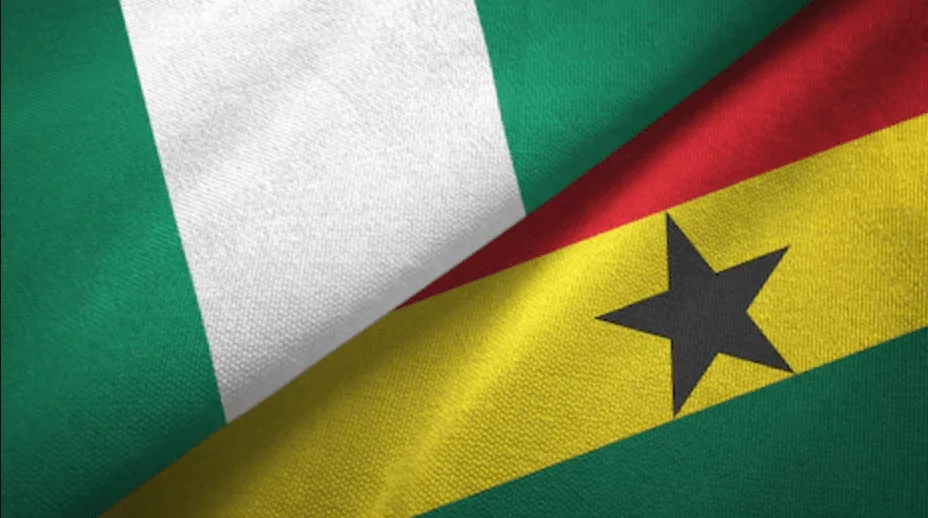GHANA’s increasing hostility towards Nigerians in that country remains unabated. Only in June 2020, a private Ghanaian citizen demolished a building in the Nigerian High Commission, Accra in the presence of security officials.
The President of Ghana, Nana Akufo-Addo, responded to Nigeria’s displeasure by promising to rebuild the structure and bring the perpetrators to book. The latest act of hostility from our West African Anglophone neighbour is the forceful closure of shops belonging to Nigerians.
A viral video recently showed a Nigerian trader loudly protesting the closure of his shop in spite of meeting all the country’s lawful requirements for a foreigner to trade in Ghana. The main reason the officials insisted on the closure was that the trader had not deposited proof that his business was worth $1 million.
The Ghana Investment Promotion Centre, GIPC, Act 478 demands that in order to encourage local traders, a foreigner’s business must be worth $300,000 or above. Most Nigerian traders in Ghana have found it difficult to meet this requirement.
Because of that, their businesses are routinely shut down by government officials and sometimes agents of the Ghana Trade Unions, GTU.
On November 9, 2018, Nigerians’ shops were reopened after forceful closures. Again, in November 2019, Ghanaians, in a reprisal over the closure of Nigerian borders, shut down Nigerian businesses. They were reopened last month only for the latest wave of closures to be enacted. And now, Ghana has amended Act 478, jacking the minimum capital base for foreign-owned businesses to $1 million.
It is obvious that Ghana has a deliberate policy of harassing foreign traders with a view to frustrating them out of the country. No doubt, Ghana is putting the interests of their citizens first and above the ECOWAS Protocol on Free Movement of People and Goods of 1979.
Nigeria has continued to honour this Protocol, often at the risk of our economic, social and security interests. We have continued to play the proverbial “Big Brother” to all Africans in the original spirit of African unity which many African countries have departed from to the point of condoning xenophobic attacks on Nigerians.
Ghana’s hostility towards Nigerian citizens has been on a steady uptick. Meanwhile, Ghanaians live freely and unmolested in Nigeria. Ghanaians even hawk the meanest of articles in Nigerian cities such as bread and puff-puff.
Nobody demands one million dollars from them. All the flurries of diplomatic engagements with Ghana have only produced more of the same result. We reiterate once again that Nigeria must adjust its foreign policy focus.
Our large population demands greater citizen-centredness. We must shift from Big Brother to competitor. If we do, Ghana cannot favourably compete in the region as its economy is smaller than that of Lagos State. We must abandon jamboree and embrace serious business.
VANGUARD



2 Comments